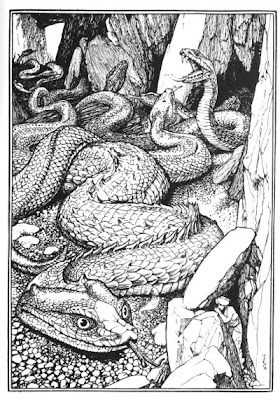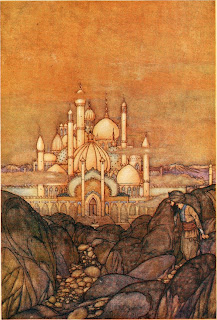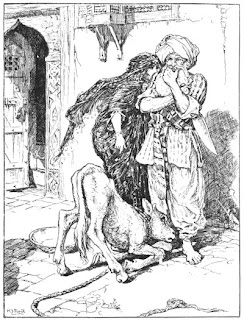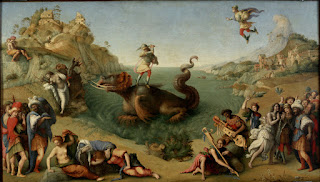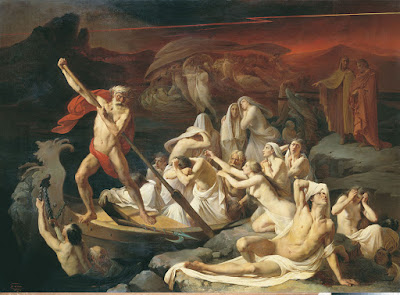Week 6 Story: The Great Escape
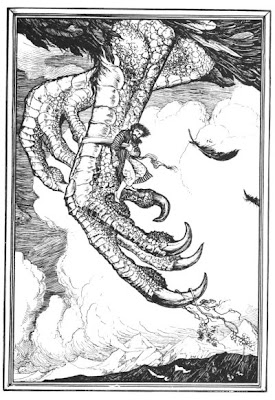
Announcer A: Annnnd it looks like Sindbad's been left alone on a dangerous island again! Thanks for tuning in folks — let's see how our adventurer's going to get out of this one. Announcer B: Welcome back to The Great Escape, where each week we bring you to some of the most dangerous places on the globe with some of our most daring wilderness survivors. Today we're joining Sindbad, a world traveler and expert trader, in one of our most remote and harrowing locations, and he's about to find himself in a jam. Let's have a look! [Scene cuts to Sindbad, who's just waking up on a deserted island after realizing his ship left him. Sindbad climbs a tree to try to look around and get his bearings.] Announcer A: And he's at it folks! It looks like Sindbad's noticed something in the distance, but it's not his ship! [Sindbad has spotted a large, gleaming white object in the distance.] Announcer B: Our adventurer's having a go at it! Oh, now...
